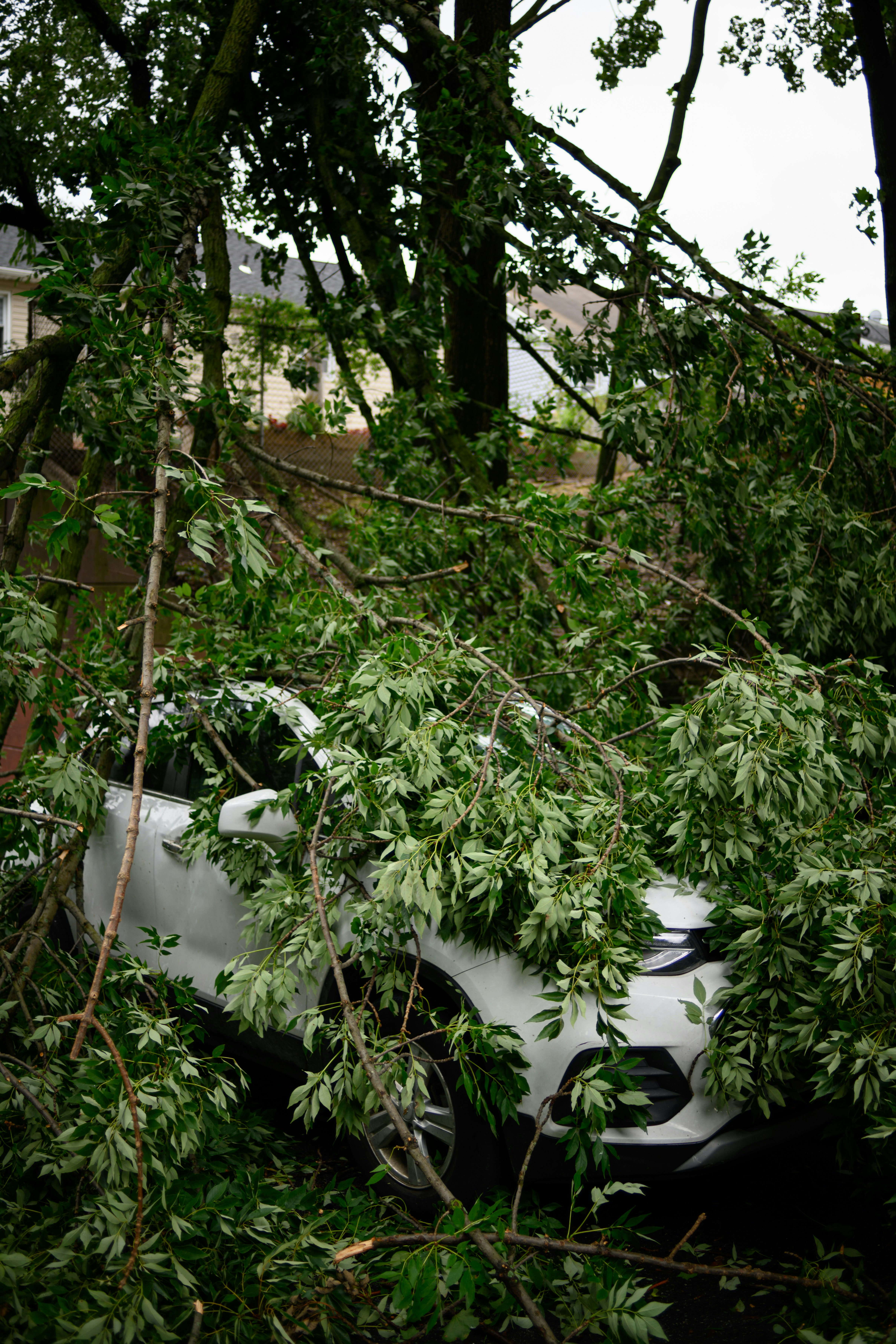Preparing Our Heroes: The Essential Role of Resilience Training
In the face of increasing hurricane intensity and frequency, the role of first responders has never been more crucial. From saving lives to maintaining order, these professionals are the backbone of any disaster-stricken community. However, to perform at their best during such high-stress situations, first responders require specialized resilience training that prepares them both mentally and physically.
What is Resilience Training?
Resilience training equips first responders with the skills needed to handle the emotional, mental, and physical challenges posed by natural disasters like hurricanes. This training involves stress management, crisis decision-making, and maintaining composure under pressure. By fostering psychological resilience, responders can effectively manage the traumatic scenarios they often face.
The Rising Need for Resilience Training
According to the National Oceanic and Atmospheric Administration, the intensity of hurricanes has been escalating due to climate change. This increase not only strains emergency services but also puts immense psychological pressure on the individuals involved. As these weather events become more frequent, resilience training ensures that first responders can continue to serve communities effectively without succumbing to burnout or trauma.
Components of Effective Training Programs
Resilience training for first responders covers various key areas:
1. **Stress Management Techniques**: Learning methods to quickly reduce stress levels during a crisis.
2. **Psychological First Aid**: Developing skills to support mental health for themselves and others in the field.
3. **Physical Fitness**: Maintaining peak physical condition to handle the demanding tasks during emergencies.
4. **Communication Skills**: Enhancing interpersonal skills to provide clear instructions and build team cohesion during operations.
Innovative Approaches to Training
Modern resilience training goes beyond traditional classroom settings, incorporating virtual reality (VR) simulations to mimic real-life hurricane scenarios. These immersive experiences allow trainees to practice decision-making in a safe environment before they face actual emergencies.
Furthermore, regular workshops and seminars on new emergency response strategies help first responders stay updated with the latest developments in disaster management.
Local Initiatives and Support Systems
Many communities have begun to recognize the importance of resilience training, investing in local programs tailored to their unique challenges. For instance, Florida’s hurricane response teams receive state-supported resilience workshops that cover both theoretical and practical aspects of emergency management.
Organizations like HelpNow offer comprehensive courses to first responders, focusing on enhancing their abilities to protect and serve their communities effectively. These programs often include peer support networks, ensuring that first responders have ongoing support from colleagues who understand their experiences.
Explore our training courses designed to bolster the capabilities of our first responders.
Encouraging Community Involvement
Community-based initiatives play a significant role in resilience building. By involving the public in preparedness drills and educational sessions, first responders can foster a stronger, more unified response during hurricanes. These efforts not only alleviate the burden on emergency services but also empower citizens to take proactive steps in their safety.
Encourage your community to join disaster preparedness efforts and contribute to building a resilient society.
Conclusion: A Call to Action
Resilience training for first responders is a critical component of effective hurricane preparedness. As natural disasters grow in intensity and frequency, the need for well-trained, resilient first responders becomes ever more urgent. By investing in these training programs and encouraging community participation, we can ensure that our heroes are prepared to meet the challenges head-on.
Join us at HelpNow in supporting our first responders. Visit our website to learn more about how you can contribute to enhancing their training and preparedness.
Remember, a well-prepared first responder isn’t just a benefit to themselves but to the entire community they serve. Let’s work together to build a robust support system that empowers those who save lives.

